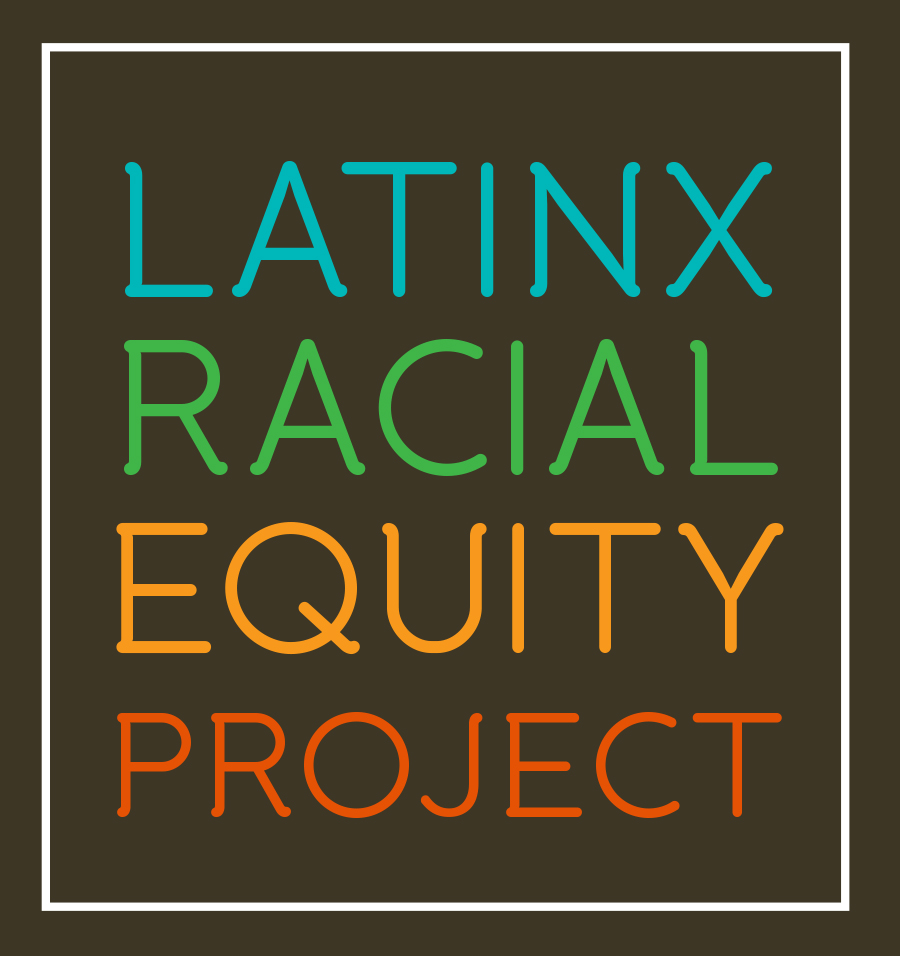Reflection by Ámate Cecilia Perez

We had the privilege to gather as staff for our annual staff retreat in the Dominican Republic early January. Santa Marta and Anacaona were two unexpected and spirit opening gifts I got from our trip to Ayiti. These two powerful femme deities are honored in many of the homes of indigenous Haitians and Dominicans we visited. Anacaona is the Taino chief who led the fight against the Spanish invasion. Santa Marta la dominadora is a vudu goddess said to be connected to Mami Wata or mother water of West Africa. To have them sit side by side on the ground next to water on beautiful spiritual altars, served as a powerful affirmation of the importance of our work as LREP – to center Black and Indigenous people within our shared Latinidad.
We spent three days in deep evaluation of our 2023 work and dreaming of our future as people of or connected to the southern hemisphere of turtle island and the Caribbean. We also devoted two days to drop into heart-opening learning from local pro-Black organizers and leaders of Haitian ancestry who are fighting to win their birthright citizenship back. During our time, we also walked the walk of equity and liberation by creating spaciousness to care for two babies, our bodies, hearts and spirits.
Here are the successes we are celebrating:
- We nurtured relationship with folks on the ground who share in our purpose to end anti-Black violence and build visibility, justice and liberation for indigenous and Black people
- We want to center and uplight the work on the ground by these amazing folks and organizations: AfroHistoria RD, Reconocido RD, Junta de Prietas, Nayelin Medina, and Maldita Vaina.
- We walked away fired up to figure out how to resource (funding, connections, expanding the reach of) our partners in the DR and other places in Latin America we are currently connected to (DR, Colombia, El Salvador, Guatemala and Mexico)
- This trip made it clear that in order for us to do our work with YOU, our people (Latine, Black, Indigenous and mixed race folks from Latin America and the Caribbean), going to places of deep struggle and possibility where our people are fighting/loving to stop cultural and physical genocide is crucial.
- We have the foundation of a solid 2024 plan to engage in narrative change work through social media and expand our training to new public and organizational change offerings.
The transformative questions our trip seeded, and questions we would love to be in active dialogue with you on are:
- What are the similarities and differences between cultural and physical genocide of Native Americans on Turtle Island, Black Dominicans and Haitian folks in Ayiti on the side of the Dominican Republic?
- When Black & Indigenous people are free and have a land base – do they become targets of the “elimination tactics” as part of an intentional political/military strategy of the colonizer?
- What is the common ground we can build between Native American people who are working on preserving indigeneity and people of African descent who are also indigenous and are actively preventing their ethnicity from being erased?
- How do we defend territory from multinational and US corporate interests, and gentrification by white US(ers) and Europeans who are gobbling up all the land they can get their hands on? Modern day land grabs to build resorts is real!
- Following Robin Wall Kilmmerer’s call to ‘becoming indigenous to place’, do the descendants of African enslaved people, who continued to practice African indigeneity (caring for the land, practicing ritual, holding the inanimacy of all beings, etc.) on Haitian and Dominican soil – become Native to place?
- And there are so many more juicy questions…
For now, we sit with a great sense of responsibility to the organizers who shared their stories and struggles with us. And who, when describing the real violence they face on the streets as they uphold our purpose – upholding the humanity of Black people, shared: “we expect one of us to be killed for what we do.”
We want to ask you, our Latine community…
What is our responsibility to the organizers who stayed back and who are waging the struggles we wage – with little resources and against brutal regimes whose DNA is rooted in the barbaric tactics learned at the School of the Americas? Thanks to our taxes…
What can mutuality with them look like?
Footnotes:
1 On September 23, 2013, the Constitutional Tribunal of the Dominican Republic issued a decision that would adversely impact as many as 245,000 Dominicans, depriving them of nationality and citizenship. The court decision (TC-168-13) overturned the principle of jus soli, or birthright citizenship, for the children of foreign-born parents and applied it retroactively to 1929. The decision largely impacted Dominicans of Haitian descent—children of Haitian parents—who made up 86 percent of the persons affected. (Center for Immigration Studies of New York)





